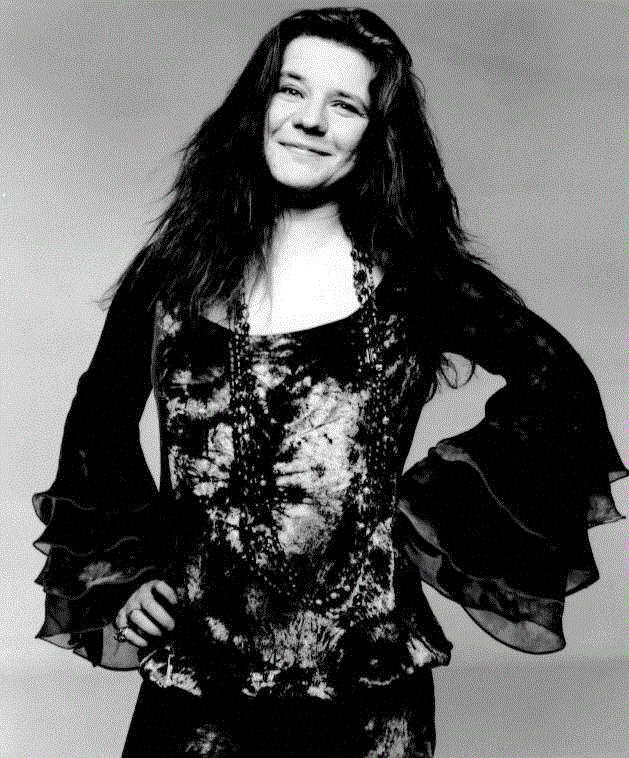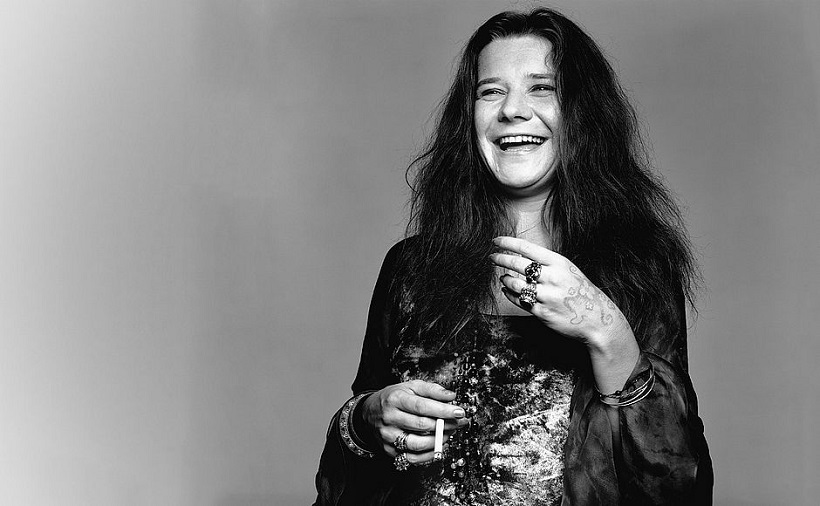Janis Joplin, one of the most iconic rock singers of the 1960s, left an indelible mark on the world of music with her powerful voice, raw emotion, and magnetic stage presence. Born on January 19, 1943, in Port Arthur, Texas, Joplin grew up in a conservative environment that clashed with her rebellious spirit. This tension fueled her desire to break free and pursue a life in music, which would eventually lead her to become the “Queen of Rock and Roll.”
Early Life and Musical Beginnings
Joplin’s childhood was marked by feelings of alienation. Her distinctive personality, love for blues music, and non-conformist attitudes set her apart from her peers, leading to bullying and a deep sense of isolation. As a teenager, she discovered the blues singers who would profoundly influence her style, such as Bessie Smith and Lead Belly. Her love for this emotionally charged music inspired her to start singing in local clubs and coffeehouses.
In 1963, Joplin left Texas and headed for San Francisco, drawn by the burgeoning counterculture movement. She began performing folk and blues music, gradually developing her signature vocal style—gritty, powerful, and filled with raw passion.
Breakthrough with Big Brother and the Holding Company
In 1966, Janis Joplin joined the San Francisco-based band Big Brother and the Holding Company. With this band, she gained national attention, especially after their breakout performance at the Monterey Pop Festival in 1967. The festival was a turning point, as it introduced Joplin to a wider audience, who were captivated by her intense energy and soulful voice.
Their 1968 album, Cheap Thrills, was a commercial success, featuring hits like “Piece of My Heart” and “Summertime.” Joplin’s bluesy, heart-wrenching vocals stood out, and she quickly became the face of the band. Her performance of “Ball and Chain” became legendary, showcasing the raw emotion and electric power that defined her stage presence.
Going Solo
By the end of 1968, Joplin had outgrown Big Brother and decided to pursue a solo career. She formed her own backing band, the Kozmic Blues Band, and released her first solo album, I Got Dem Ol’ Kozmic Blues Again Mama!, in 1969. Although the album received mixed reviews, it produced notable tracks like “Try (Just a Little Bit Harder)” and “Kozmic Blues.” Joplin continued to evolve, incorporating a more soulful sound into her music.
Her next band, the Full Tilt Boogie Band, was the perfect match for her, and together they recorded what would be her final album, Pearl. Released posthumously in 1971, Pearl featured some of Joplin’s most beloved songs, including “Me and Bobby McGee” and “Mercedes Benz.” The album showcased her at the height of her artistry, blending rock, blues, and soul in a way that was uniquely hers.
Struggles and Untimely Death
Despite her success, Joplin struggled with personal demons throughout her life. She battled issues of self-esteem, exacerbated by her early experiences of bullying and rejection. As her fame grew, so did her dependency on drugs and alcohol. Her addictions began to take a toll on her health and well-being, and she was often unreliable in both her personal and professional life.
Tragically, on October 4, 1970, at the age of 27, Janis Joplin was found dead from a heroin overdose. Her death shocked the music world and marked the end of a brief but extraordinary career.
Legacy
Janis Joplin’s legacy endures as one of rock music’s most iconic and influential figures. She shattered gender norms in the music industry, with her bold persona and vocal style proving that women could be just as powerful and rebellious as their male counterparts. Her music, filled with emotion, vulnerability, and intensity, continues to inspire generations of musicians and fans alike.
Joplin was posthumously inducted into the Rock and Roll Hall of Fame in 1995, cementing her place as a pioneering force in the world of rock music. Her voice, style, and spirit live on through her timeless recordings and the lasting influence she has on music history.
Conclusion
Janis Joplin’s life was as colorful and intense as her music. Though her career was tragically cut short, she remains a symbol of freedom, individuality, and the transformative power of music. Her voice—so raw, so human—continues to resonate with listeners today, making her one of the most unforgettable artists of the 20th century.


Comments are closed